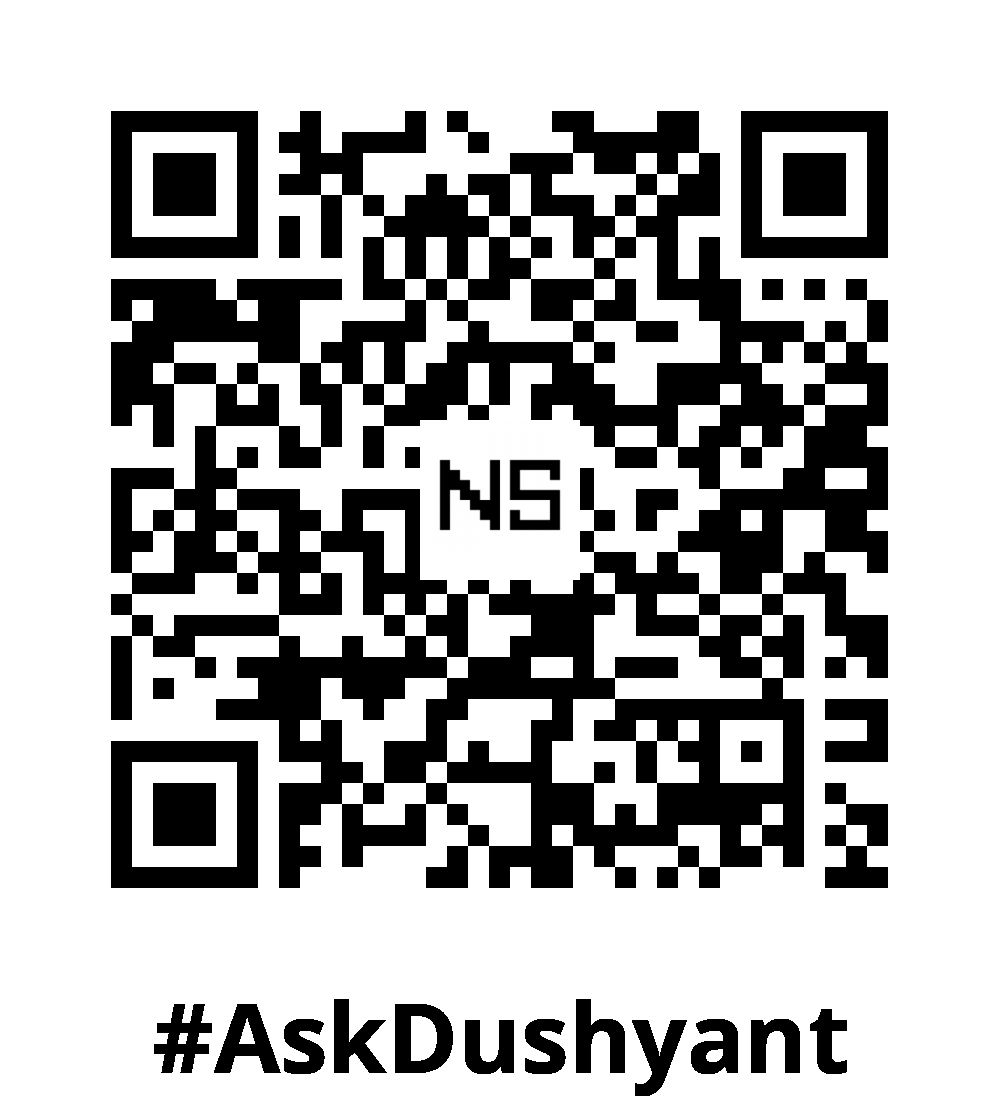In the ever-evolving tech world of data management, keeping a file system organized and efficient is essential. With over 18 years of experience in tech, I’ve seen firsthand how accumulating data—particularly in directories containing logs, backups, or archived files—can make manual cleanup an increasingly daunting task. Automation is the key to managing these files effectively, and a well-crafted shell script can be a game-changer. In this tech concept, we’ll explore a robust shell script designed to automate the cleanup of outdated archive files, such as .gz and .zip files, from a specified directory.
Streamlining File Management with Automation
#!/bin/bash
# Check if the directory parameter is provided
if [ -z "$1" ]; then
echo "Error: No directory specified."
echo "Usage: $0 /path/to/directory"
exit 1
fi
# Assign the first argument to CLEANUP_DIR
CLEANUP_DIR="$1"
# Check if the provided path is a valid directory
if [ ! -d "$CLEANUP_DIR" ]; then
echo "Error: $CLEANUP_DIR is not a valid directory."
exit 1
fi
# Check if the directory is writable
if [ ! -w "$CLEANUP_DIR" ]; then
echo "Error: No write permission for $CLEANUP_DIR."
exit 1
fi
# Find and remove .gz and .zip files older than 5 days
find "$CLEANUP_DIR" -type f \( -name "*.gz" -o -name "*.zip" \) -mtime +5 -exec rm -f {} \;
# Print a message indicating the cleanup is complete
echo "Cleanup complete: Removed .gz and .zip files older than 5 days from ${CLEANUP_DIR}"Save this file as 'nextstruggle_directory_cleanup.sh', change the permission with chmod +x nextstruggle_directory_cleanup.sh.
Run with following command:
./nextstruggle_directory_cleanup.sh /folder1/subfloder1/logThe shell script we’ll delve into offers a powerful solution for managing archive files by removing those older than 5 days. This script accepts a directory path as an argument, allowing users to target any folder that requires cleanup. Before performing the cleanup, it checks whether the provided path is valid, exists, and is writable. This preemptive validation helps prevent errors and ensures that the script operates smoothly. By using the find command, the script locates and deletes .gz and .zip files that have surpassed the 5-day threshold, thereby freeing up valuable disk space and keeping directories well-organized.
Enhancing Efficiency with Error Handling and User Feedback
What sets this script apart is its comprehensive approach to error handling and user feedback. It provides clear messages if the directory parameter is missing, invalid, or lacks necessary write permissions. This feature is crucial for troubleshooting and ensuring that users are fully aware of any issues before they attempt to run the script. Once validated, the script executes the cleanup process efficiently and notifies the user upon completion, offering a confirmation of the task. This not only simplifies file management but also contributes to better storage optimization and overall system performance. By incorporating such automation into your workflow, you can maintain a clutter-free directory effortlessly and focus on more critical tasks, knowing that your data management is in good hands.
My Tech Advice: This shell script is an invaluable tool for anyone looking to streamline their file management process. Its ability to automate the cleanup of outdated archive files, coupled with robust error handling and clear user feedback, makes it an essential addition to any data management toolkit. Embrace the power of automation and take control of your file system with this effective script, ensuring your directories remain organized and efficient. Happy Coding !
#AskDushyant
#Automation #Shell #ShellScripting #CodeSnippet #CleanUp #Directory
Note: The script has been tested in our local environment on both Linux and macOS. You are encouraged to modify and experiment with the script to suit your specific needs.


Leave a Reply